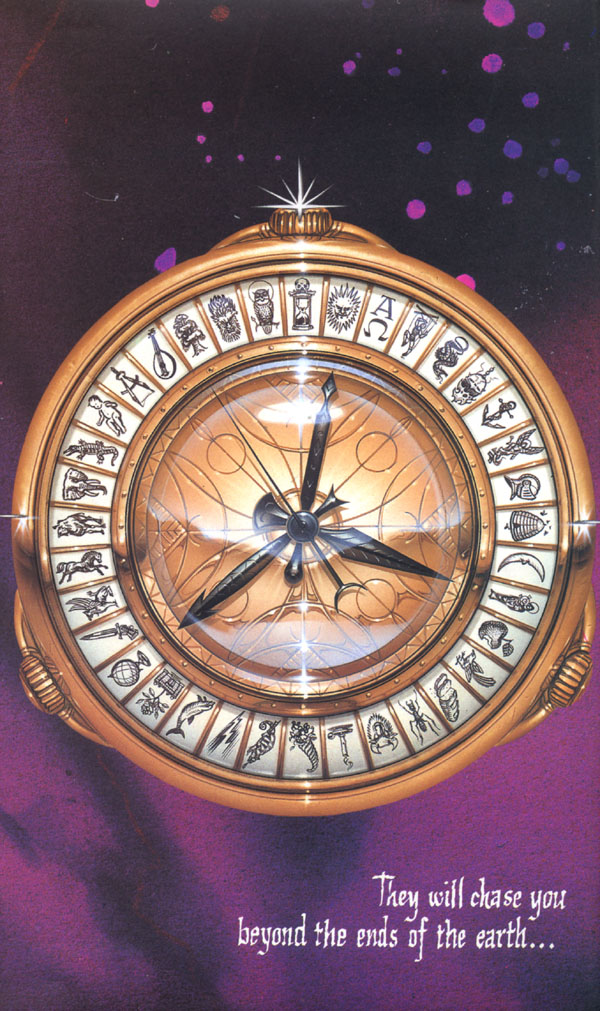
Any position I take is that of a storyteller who says, Once upon a time, this happened." ( source)Īnd what a story it is. It's his storytelling, rather than politics or religion, that Pullman emphasizes when asked about his writing:

Golden compass 2 the subtle knife series#
Pullman-lovers point to his solid literary roots: the series is, after all, a retelling of Milton's epic Paradise Lost, you know, that famous 17th century poem about Satan and God and Adam and Eve and all that? With Milton as his inspiration, Pullman weaves together a fantastic yet profound story filled with talking polar bears, magic compasses, and shape-shifting daemons. No matter what you think of Pullman's takedown of religion and power, almost everyone concedes that this guy is a master storyteller. "Religion is at its best when it is furthest from political power The power to send armies to war, to rule every aspect of our lives, to tell us what to wear, what to think, what to read – when religion gets hold of that, watch out! Because trouble will ensue." ( source) What does Pullman have to say about all the hubbub? He never pulls his punches, that's for sure, but he's quick to point out that he's more interested in dramatizing the way religion, power, and politics come together in the world today than in debating the existence of God.

In other words, Pullman isn't afraid to talk about what he thinks is wrong with organized religion, a conversation that many people – including religious folks – agree is worth having. These admirers see Pullman's books not necessarily as blasphemy, but as an exploration of spirituality and a critique of the abuse of power. His fantasy trilogy has legions of devoted fans, including big-cheese religious leaders like the Archbishop of Canterbury. The author has even been called "the most dangerous man in Britain" ( source).īut not everyone has a problem with Pullman. With fiery opinions like these, Pullman has sometimes been given the "anti-Christian" label in addition to the "anti-Lewis" one ( source). Always up for a little controversy, Pullman has even called Lewis' children's books "profoundly immoral" ( source). Pullman, on the other hand, is a professed atheist whose books for kids relentlessly question the power and authority of organized religion. Lewis was a practicing Christian whose Narnia books were pretty obvious religious allegories. While both authors can be found in the young adult section of bookstores, the messages of their books are as different as pizza and brussel sprouts. Pullman's detractors call him the anti-Lewis, referring to C.S. Everyone's got an opinion about these fantasy novels written for tweens and teens. No one really feels wishy-washy about Philip Pullman's controversial His Dark Materials trilogy ( The Golden Compass, The Subtle Knife, and The Amber Spyglass).


 0 kommentar(er)
0 kommentar(er)
